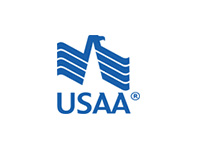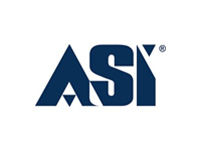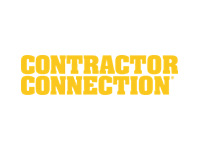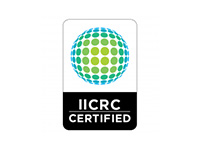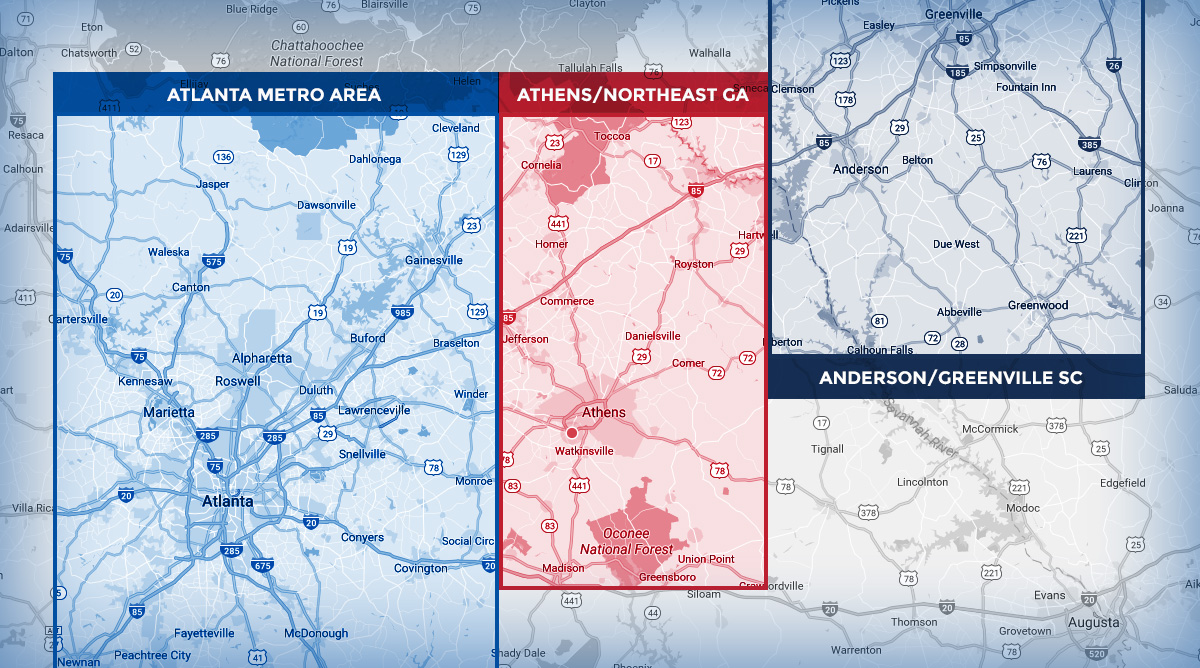When someone yells “Fire,” people have been programmed to respond in a certain way. We practice drills in school as children and learn to “stop, drop, and roll” as soon as we can walk. We learn that fire and water are opposites and that one can help extinguish the other in an emergency. But did you know that this rule doesn’t always apply?
Something that isn’t commonly taught in school is that not all fires are the same. Depending on the source of the fire—like cooking oil, wood, or gas—we actually need to respond differently to extinguish the flames and prevent further damage effectively. One of the most tricky, lesser-known fires to navigate is an electrical fire.
What Causes an Electrical Fire?
Electrical fires are unique because they require specific methods to halt them in their tracks, but they aren’t a fire type most people know much about. They occur in single-family dwellings or residential buildings, where people have all sorts of electrical equipment plugged into sockets for daily use. The average person does not think to double-check that outlets and appliances are in good working order, and faulty wiring or connection can lead to a fire.
Electrical fires typically begin in wires, circuit breakers, cables, or inside other electrical components. When faulty parts break or are not properly grounded, this can cause sparks. The rest is history.
When this occurs, don’t panic! To make sure that you handle the fire correctly, you’ll need to fight against some basic instincts. Here are a few methods you should never use to put out an electrical fire.
Water
When you see fire, survival instincts kick in. Without stopping to think, you run to get water. When the fire in question was caused by faulty electrical equipment, this is the worst solution possible. In the case of an electrical fire, try to focus on the electrical aspect instead of the fire itself. It is the electricity here that is really deadly.
If water is sprayed or poured onto the source of this type of fire, there is a chance that the water can carry an electric charge back to you or other people in the vicinity. This happens because water has the ability to conduct currents. If an electrical charge is conducted through the water to a person or animal, it can lead to deadly electrocution.
Foam Spray Fire Extinguisher
Since we’re skipping water, then the next best bet is to run for a fire extinguisher, right? Perhaps. Residential and commercial buildings alike are legally obligated to have working, up-to-date fire extinguishers accessibly located in case of fire. But did you know that there are different types of extinguishers and that not all fire extinguishers work on all types of fires?
Foam spray extinguishers are relatively common but are absolutely not to be used on electrical fires. Foam spray functions in two ways to control fires. It is water-based, extinguishes fire, while a chemical agent called Aqueous Film Forming Foam smothers the fire and prevents it from re-igniting. This type of extinguisher should not be used on electrical fires because the water-based solution could potentially conduct electricity and wreak further havoc.
Wet Chemical Fire Extinguisher
Another common type of extinguisher uses wet chemicals to put out fires. This method is best for oil fires, as it uses a potassium salt solution to lower temperatures, prevent the splashing of hot oils, and form a sort of non-combustible barrier around the source. Because it’s so effective at controlling oil fires, this type of extinguisher is often found in kitchens.
But when it comes to electrical fires, this is another method to stay far away from. The water-based solution could prove dangerous and cause more harm than good.
Other Safety Tips To Keep In Mind
Prevention is the most effective method to reduce the damage from electrical fires. Here are some top safety tips to keep in mind to ensure electrical fires never occur on your watch.
Know the Risks & Warning Signs
It is key to know the certain circumstances that make a home prone to electrical fires. For example, older homes built before the 1950s were not required to meet the same safety standards that modern homes are today. If you live in an older building, there is a greater chance that wiring isn’t up to par.
Additionally, there are warning signs you can be on the lookout for. Common signs of electrical fire risk include the routine flickering or dimming of lights, outlets that are hot to the touch, and discolored switch plates and outlets. If circuit breakers keep tripping or breakers frequently blow, you should seek professional help.
Be Smart with Cords, Plugs, & Outlets
Cords that transmit electricity generate heat. Excessive heat can lead to a fire. When using electrical home equipment, like lamps and extension cords, ensure they won’t overheat. Never run cords under carpet or combustible materials, as heat can build up and easily spark.
Additionally, always make sure plugs fit snugly in outlets with no exposed metal. Do not overburden extension cords and unplug them when not in use. If you need more outlets, have them professionally installed instead of relying exclusively on extension cords to power your home.
Know what to do in case of Electrical Fire
If a fire does occur, make sure you’re prepared. A Class C fire extinguisher, a heavy blanket, or baking soda are proven methods that reduce damages without increasing the risk of harming people or animals.
Conclusion
If you think your home’s electrical system is not up to par, don’t wait another minute! An ounce of prevention goes a long way and can prevent extensive harm to your property and your loved ones.
The experts at IDC Repair & Restoration can help your family prepare. In a fire, we can help you clean up the aftermath and get on with your life. Call today!





